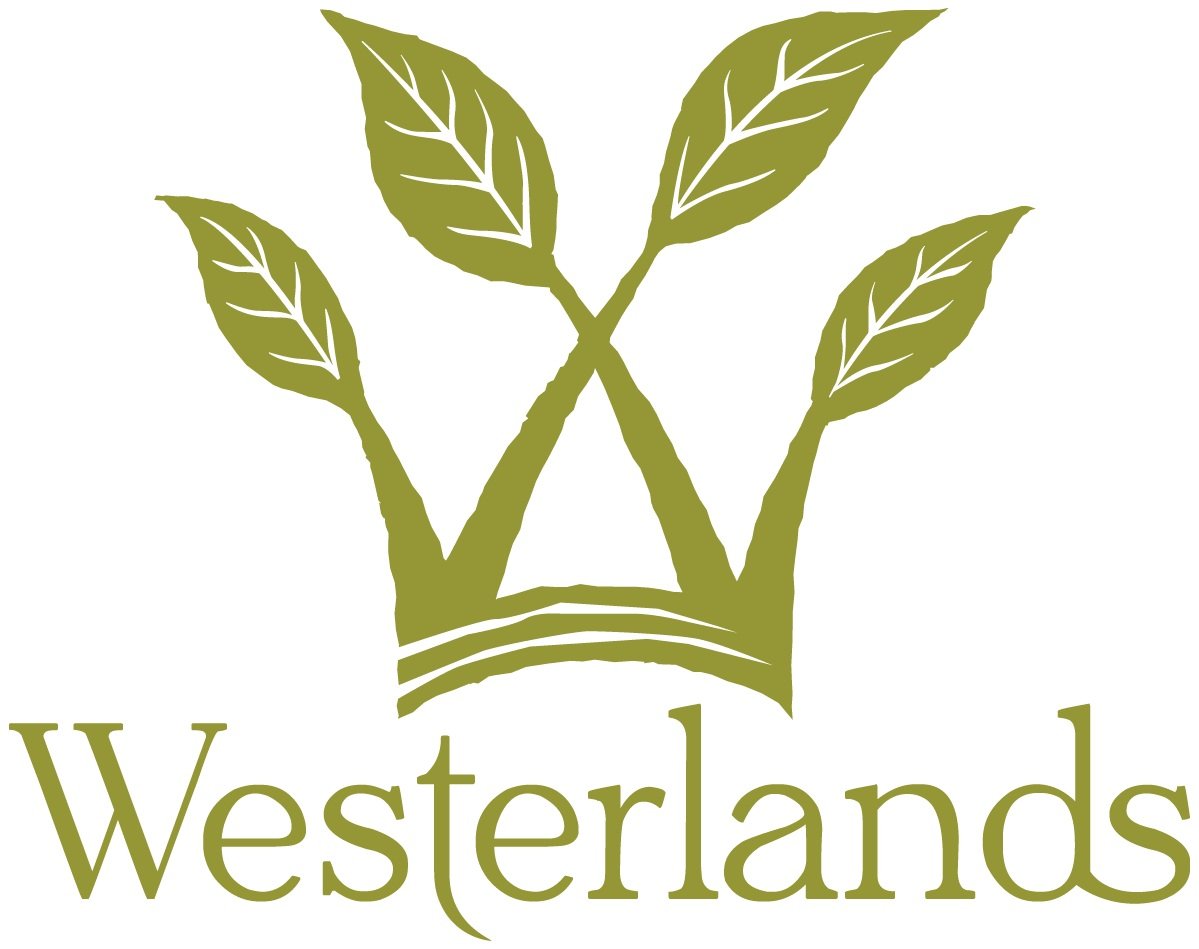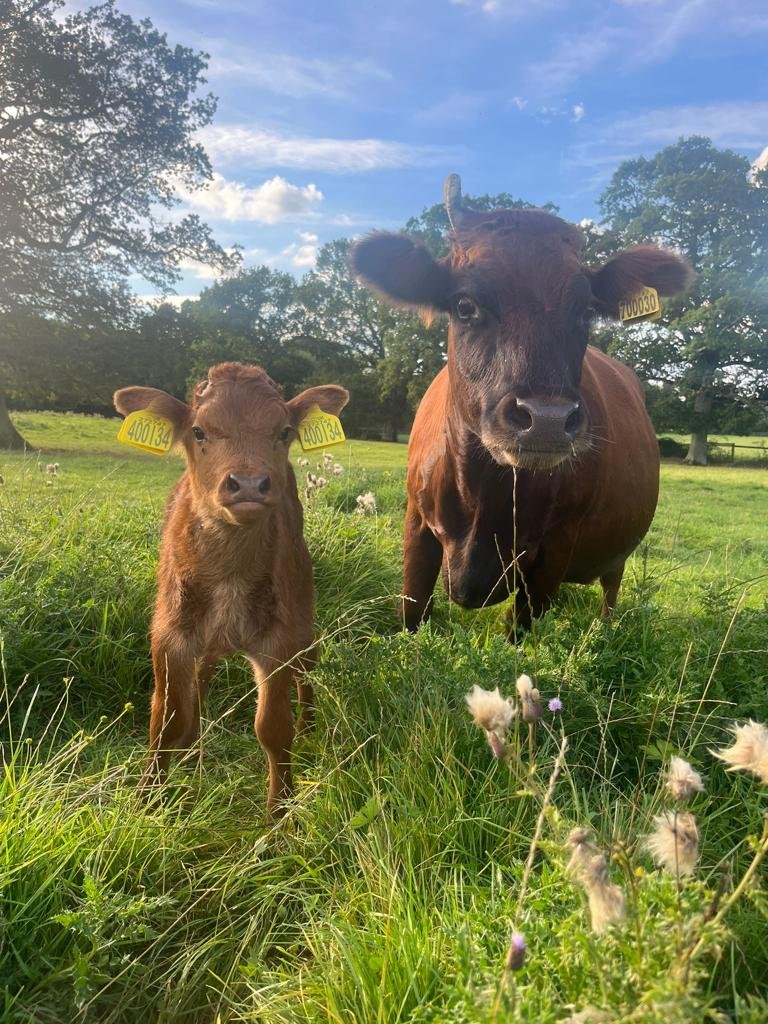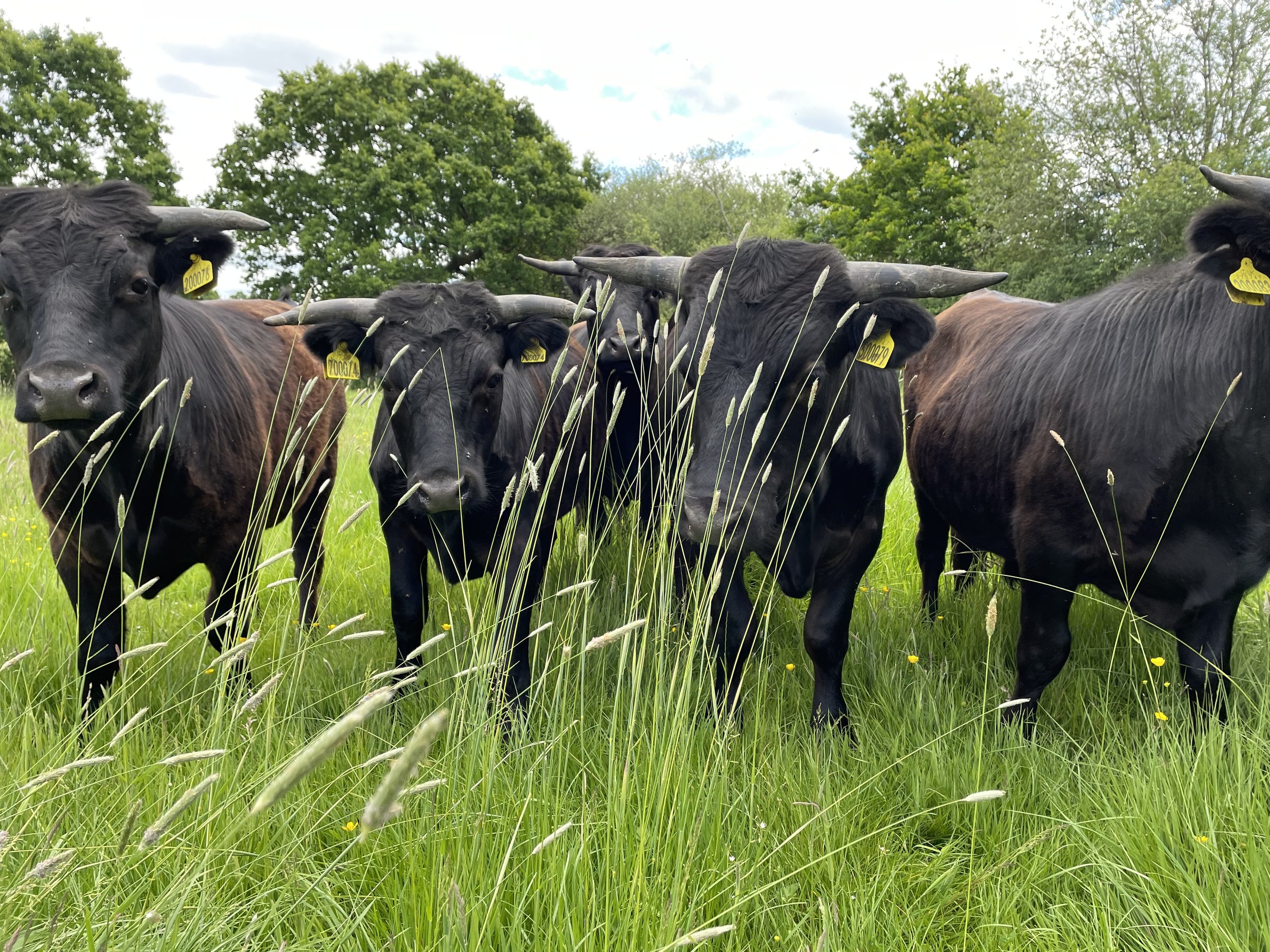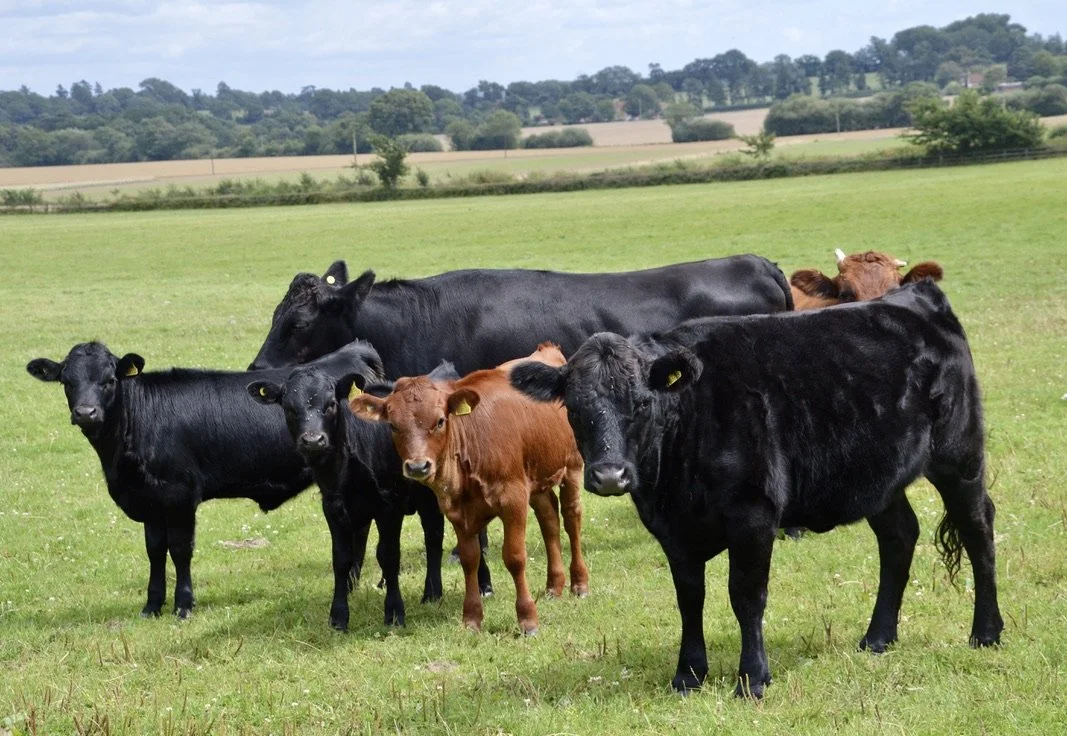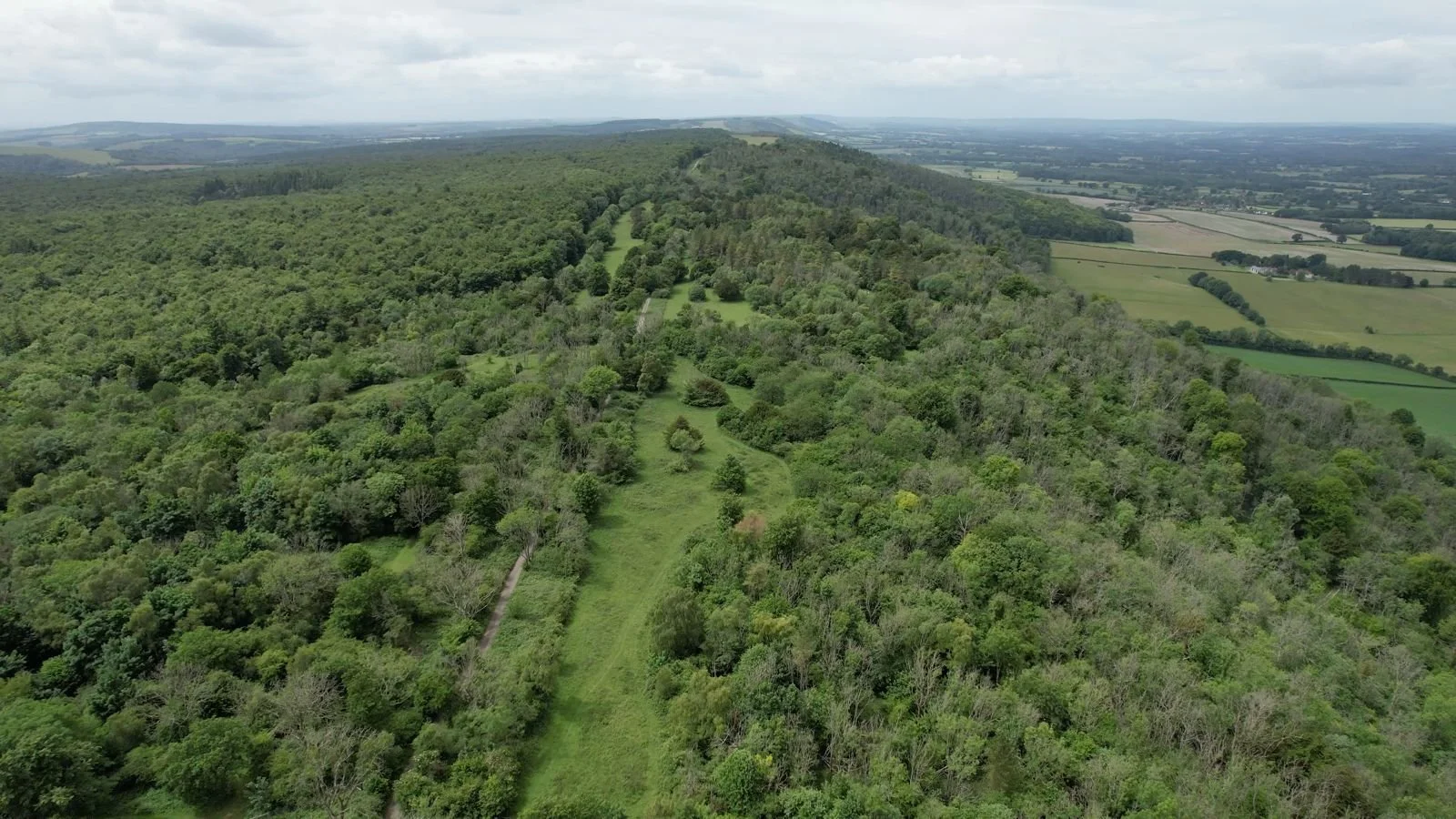
The Farm
Climate and nature friendly farming is at the heart of everything we do at Westerlands.
Our 20 year vision has been formally endorsed by the South Downs National Park Authority. Over the last few years, we have been shifting purposefully towards a regenerative farming model, balanced with a strong desire to reverse biodiversity loss. Positive results are already being observed through the year, especially with increased numbers of birds of different species, often a good barometer for overall farm health.
We are farm assured by Red Tractor, an accreditation scheme that underpins the high standards of British food.
We like to think in terms of FOOD METRES, rather than food miles, with beef and lamb sold locally via butchers and box schemes or consumed at Westerlands.
We are a Pasture for Life member, an organisation which champions the restorative power of grazing animals on pastureland.
What we do has a positive impact for biodiversity and carbon sequestration, human and animal health and wellbeing. Pastures which contain a variety of plant species provide all the nutritional components an animal needs and support a diverse range of wildlife. Our cows and sheep are all grass fed in fields where the soil is a mix of chalk, clay and sand and which supports a wide variety of herbs and wildflowers.
What is Regenerative Farming?
For us, it simply means ‘bringing back life’ and it all starts with our soils. We are now taking remedial steps to repair our soils after too many years of an equine monoculture. If soils are healthy, full of vitality, full of nutrients and microbes which feed on plentiful organic matter, then they serve as the foundation for everything else above, the grass, the plant life, the trees, insects, birds and mammals. Ours is now a conservation and rehabilitation focused approach to land management, food and farming systems.
For more than a hundred years, Westerlands had a focus on breeding race horses, but now our focus is 100% on protecting the environment and enhancing local biodiversity.
What is Biodiversity?
Simply put, it’s all the different kinds of life in one area, the animals, birds, plants, even bacteria and fungi. These make up the natural world and when allowed to, will co-exist in ecosystems to maintain a balance and support all life. Everything is connected.
At Westerlands, we are planting kilometres of new hedgerows, creating wildlife corridors and building beetle hotels. We are leaving things be. We let our verges and meadows grow to harbour insect life, which in turn, supports birdlife. We have our own bees which help pollinate our area. We are doing everything we can to support nature.
Regenerative Farming and Enhancing Biodiversity and the creation and protection of habitats must go hand in hand.
At Westerlands, we balance a high-welfare livestock management business, with protection of the environment and enhancement of biodiversity.
Closed herd
Food security is important too.
We manage a small herd of Dexter cows that are served by our own Dexter bull. We also run a flock of Romney ewes which produce our butcher’s lambs and a flock of badger face ewes, employed as conservation grazers in our nature reserves, managed by the Graffham Down Trust on top of the South Downs. Biosecurity is key in farming and having a ‘closed’ flock and herd is important to us for reducing the risk of our animals getting sick.
Fresh Water
Our cows and sheep have a stress-free life and like us, they love our pure, sweet, bore-hole water!
Our bore hole on top of the South Downs uses the power of the sun to pump water from 120 metres below the surface. This water will have been filtered through chalk for thousands of years!
Bore hole water is also supplied to the Graffham Down Trust area of nature reserves, which at certain times of year also use sheep and cattle for conservation grazing.
